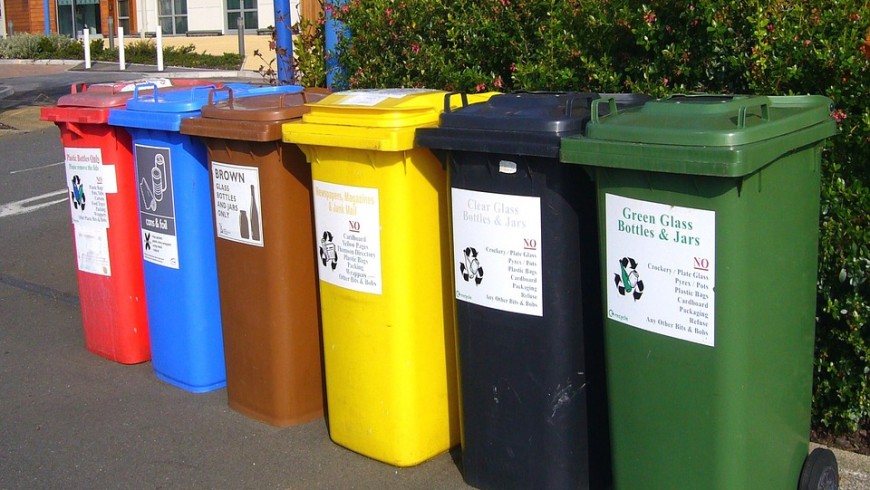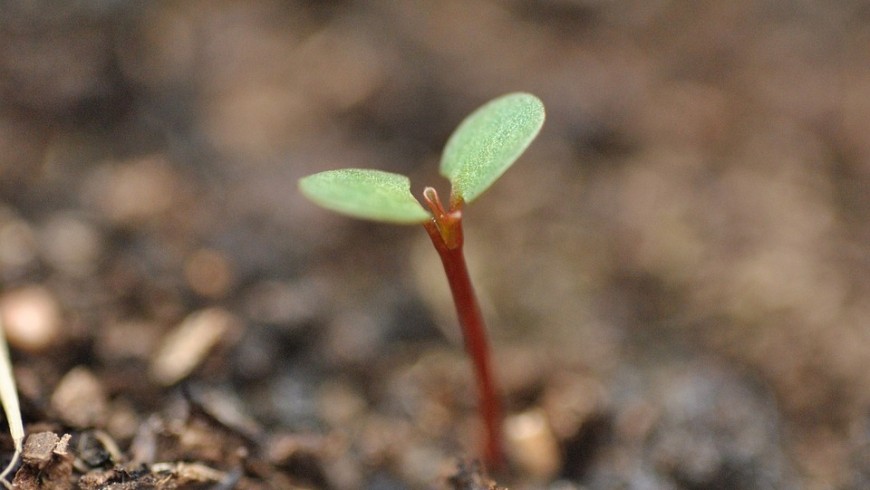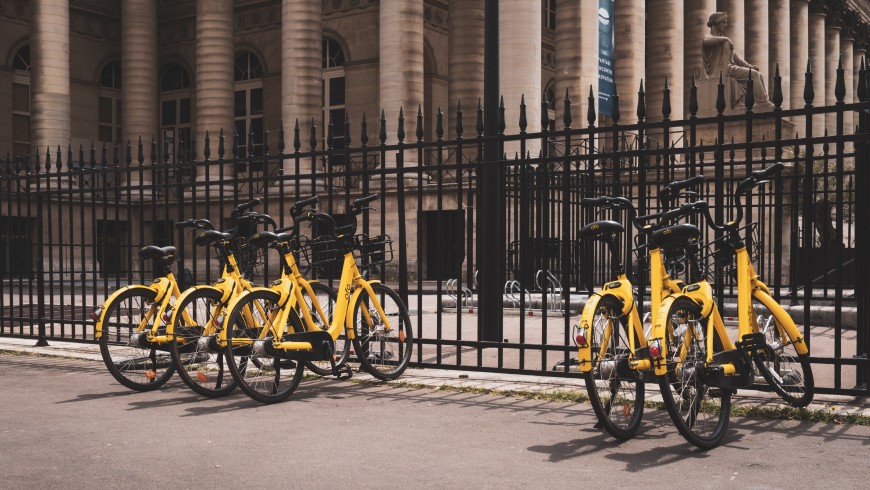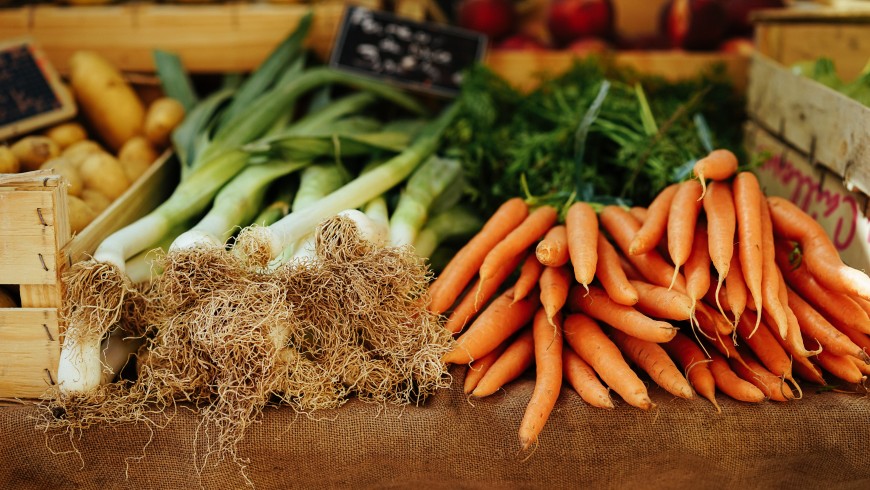Doing an appropriate differentiated waste collection, turning off the lights, moving by bike…represents simple daily actions that is integrated in a every day life routine of very people, can make the difference by contributing to the safeguard of the planet. Here you have the green habits to adopt to contribute to the safeguard of the planet.
Simple everyday actions and ecological expedients that we can adopt at home or even on holiday. Each of them can make the difference and contribute to the safeguard of the hearth. Here 10 green habits that everyone of us can adopt at home, at work and on holiday:
1.Do not buy plastic bottles

The plastic bottles are one the biggest contributor to our landfill. Every minute a million of bottles are used and only the 9% can be recycled. The remain is accumulated in our landfill and often it finishes in the ocean, where according to the experts, in the year 2050 there will be more plastic than fishes. A sustainable alternative is to use a canteen while traveling and choose, if possible, the water of the water faucet (that can be purified by using a refiner) and prefer the water in glass bottles.
2. Recycle: one of the best green habit

It might seem ordinary but recycle is fundamental for our environment at home or by traveling. The majority of the cities has now a system of recycle but if your city or the place in which you are spending your holidays doesn’t practice the differentiated waste collection…then you can begin! And do not forget to teach it even to the children. According to the Legambiente esteems, by recycling the half of the garbage, we reduce the C02 and the polluted gas in the atmosphere of a quantity between the 150 and 200 kilogram per year.
3. Plant a tree

Planting a tree in your garden is one of the best way to reduce the air pollution. The trees absorb the carbon diopside and produce oxygen, by improving the air of the cities with positive effects on the health. More trees means cleaner air.
4. Save water

The water is a precious good that is unfortunately limited but thanks to technology of today, it is possible to purify it and to reuse it. Not only having a shorter shower and close the water faucet while brushing the teeth.With small efforts you can adopt some simple expedited to reduce the consumption of this precious good. As installing with a small expense a water flow restrictors for our faucet, reducing the flow of water and saving approximately the 50% of the water.
5. Save energy

In order to avoid the waste and excessive consumption of energy, why do not install in your home the LED energy saving light bulb ? A small investment useful to safeguard the planet, that will lower your bills. In fact the energy saving lights consumes the 75% less of energy of the traditional lights. Moreover, at home or in holiday in your eco-friendly chalet remember to always turn off the lights and to switch off all the devices and appliances.
6. Choose the self production

Home made food, natural soaps, preserves, jams, body creams or infusions…the self production is one of the fundamental choices to save and live in a more sustainable way. Think only to the C02 emissions of a car that we can avoid by renouncing to go to the supermarket to choose what we can produce, to the transport avoided to the producers (that comes from different and distant places) and of the saved packaging. Some times we need just a few simple ingredients to produce at home what we need. An example? You can produce ecological and natural cleanings by using the lemon, vinegar and the skins of the oranges.
7. Choose the sustainable mobility

To avoid your carbon foot print, choose the train rather than the car, avoid the cruises and when you can try to move by bicycle. It is always better to choose the public means of transport to move, in order to improve the air pollution. But when it is not possible then try to organize or participate to a carpooling! Your movements will be green and funny and you will have the chance to know new people.
8. Be careful of the expense

In the Western countries, approximately 670 millions of packaged food are thrown away every year. It means more than 95 kilos per year per person. As a consequence, we must learn how to shop, choosing the necessary food quantities, without being influenced by the offers and trying to avoid the waste. Better to do not full to much the fridge: a full fridge consumes more!
Finally, it is important to purchase bio and local products supporting the virtuous economy and the short supply chain (kilometers zero). In this way, you reduce the C02 emissions due to the transfer of the food products. And, if you have the fortune to have a farmer market near home, choose it instead of the supermarket!
9. Use second hand objects

A smartphone, a vintage dress, tea and coffee dregs, an old bicycle…everything has a second life! We are in a consumeristic society: we tend to throw away what is broken for buying a new one. But if we adjust it instead of throw it away? The fruits dregs and vegetables can become compost for the garden, an old cotton jacket an excellent dust rag. Without forgetting that several objects can be second hand purchased.
10. Prefer washable nappies

Do you know that the disposable nappies produce the 15% of the non recyclable waste? Besides the expensive costs (approximately 1.500 € per child) they also damages the environment and irritates the skin. For this reason, if you have to take care of a baby, the solution is to use washable nappies that are causing less inflammations for the child, they are ecological and reusable.
As last homework we have to adopt these 10 simple green habits and to share our life style with friends and parents for a more sustainable world!
